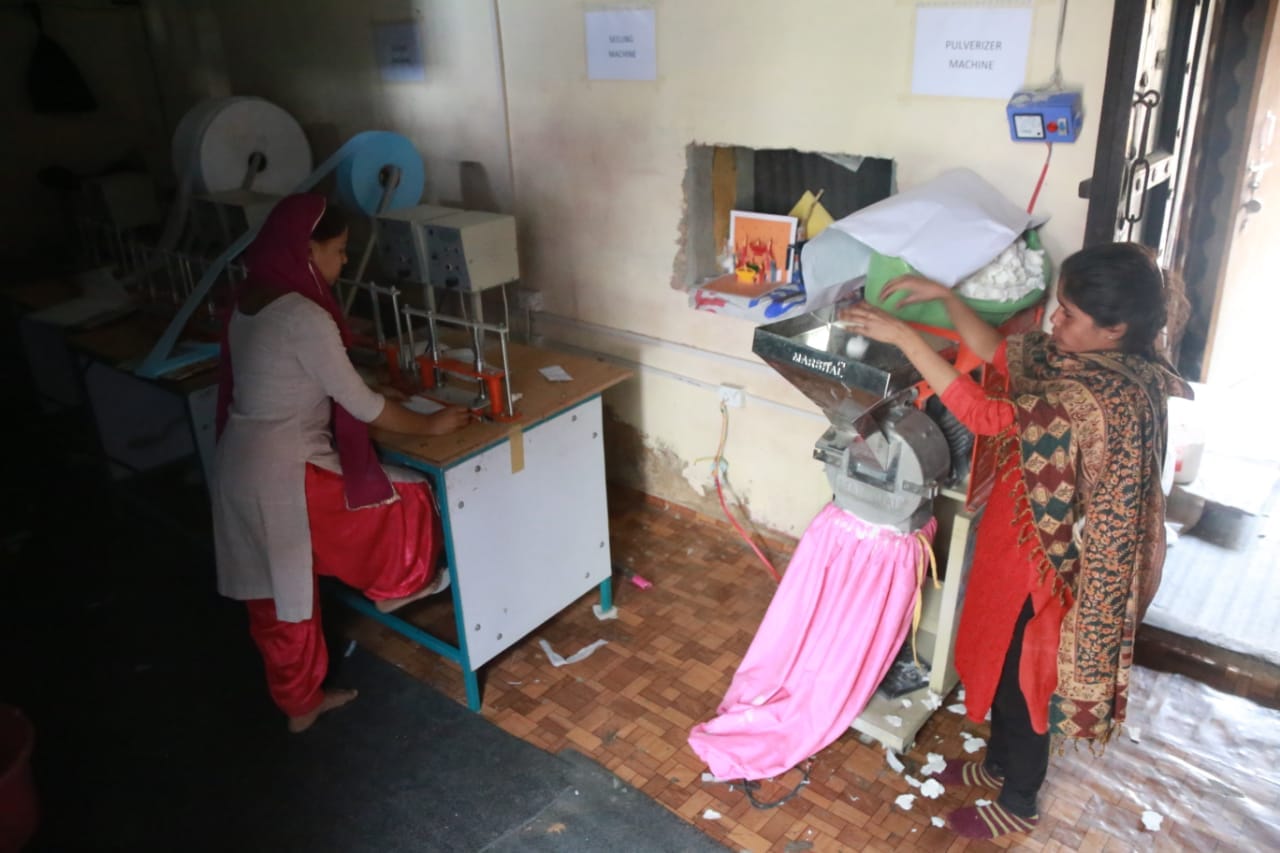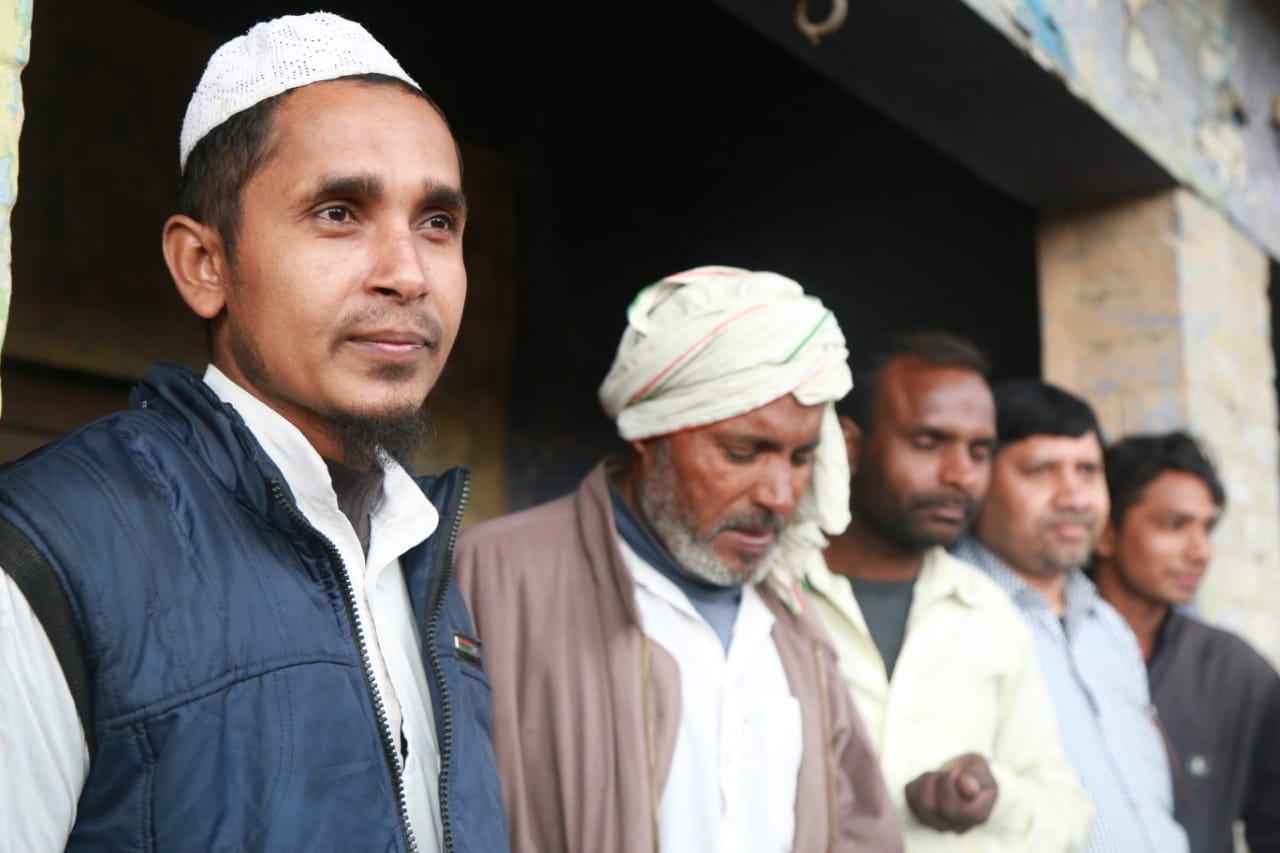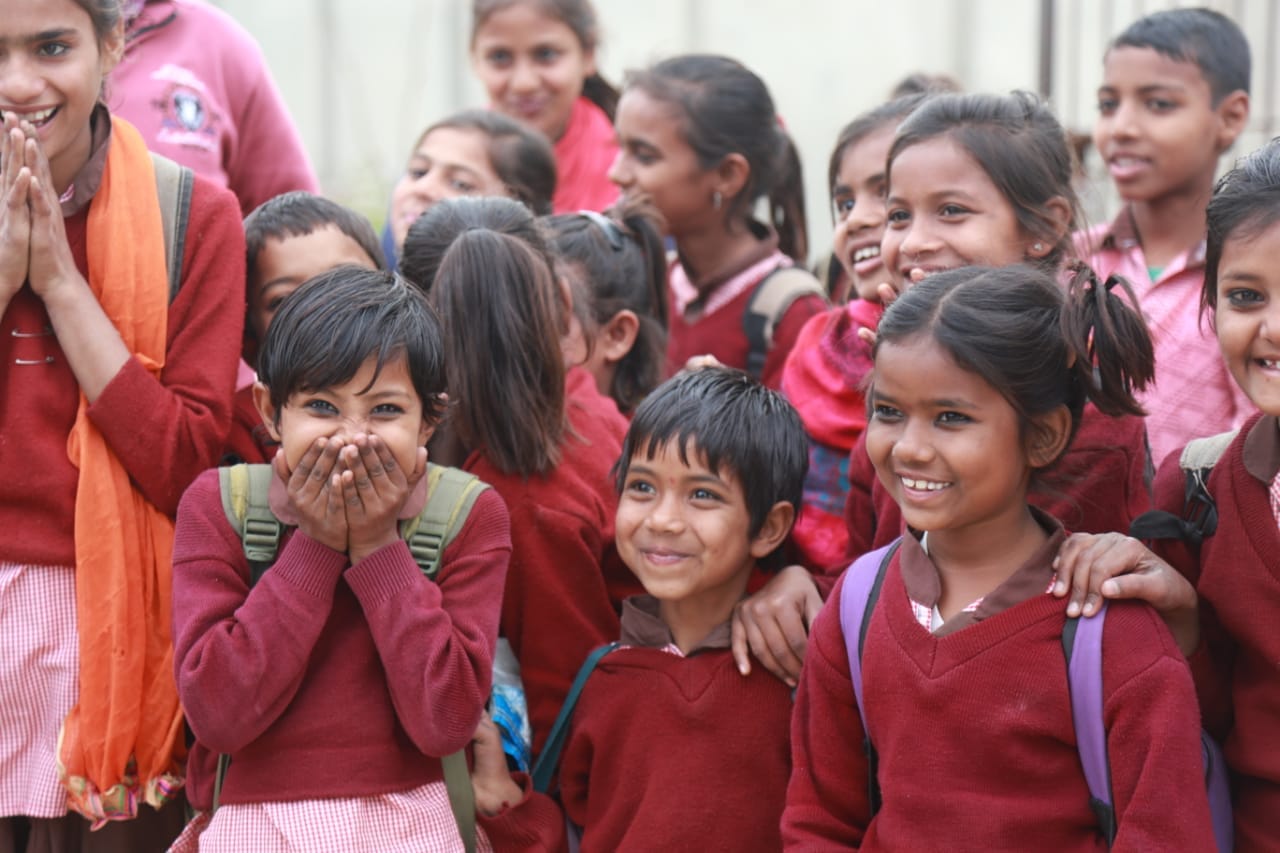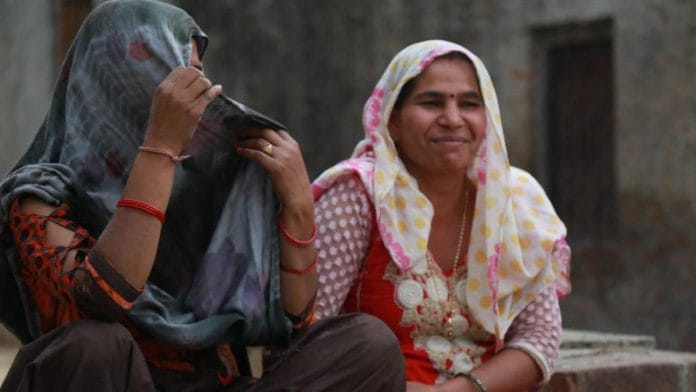Hapur: Men pause awkwardly and young boys laugh, women giggle and young girls look away when asked about menstruation in Kathikhera, the village that has found itself in the international spotlight after a documentary shot there won an Academy Award Sunday.
Period. End of Sentence, which bagged the Oscar for best documentary short, was filmed at a sanitary napkin manufacturing unit in this village just outside Hapur, Uttar Pradesh. The 25-minute documentary showcases how the aspirations of women — often limited by the stigma around menstruation in India — can be realised by providing sanitary napkins.
The village, however, is mired in contradictions.
Two years after NGO Action India set up a unit to manufacture low-cost sanitary napkins in the village, the perception remains that menstruation is a conversation about women and between them.

The unit
Celebrations have taken over the quaint manufacturing unit, which consists of seven field workers and Action India area coordinator Shabana Khan. Despite the fact that the electricity supply is erratic, they manage to produce nearly 600 pads a day, marketed under the brand name ‘Fly’. The workers also earn a monthly salary.
The sales are made through door-to-door campaigns in 40 surrounding villages, and to locals who pick them up from the unit. As of now, the unit is selling at a loss.
Even though there is no power supply at the moment, smiles light up the faces of the families of the workers as they dance to their success. Suman, one of the field workers attending the Oscars, video calls from Los Angeles with the trophy.
And yet, outside the unit, many villagers are unaware of the achievement.
Dilshad, a labourer with a seven-year-old daughter, says: “We only got to know day before yesterday that such a big thing (the nomination) has happened. We don’t discuss such matters.”
Also read: Business as usual at the Oscars, with only a little politics
Taboo, stigma and misinformation
Asked about menstruation, Dilshad says: “When my daughter comes of age, her mother will explain it all to her.”
His attitude is reflective of many in the village. For example, Monica and Poonam’s brother won’t even let them upload pictures on WhatsApp. So, for them, a conversation about sanitary napkins or periods with a male member of the family is out of question.

Ankit, 21, chuckles when asked about why women use a sanitary napkin. “You are a girl. If you were a man, I would have told you about it,” he says.
According to 20-year-old Irshad Mohammad, menstruation is something “women can tell you about”, while his friend feels it is a “disease that women have”.
But for 32-year-old Garvesh, such ‘knowledge’ is important, especially for her nine-year-old daughter. Garvesh laughs as she remembers the first time she had her period.
“My friend across the road told me what had happened,” she says.
Things have changed
Action India coordinator Khan recounts how they “barely escaped being beaten up”, and how the last two years aren’t the yardstick to measure the success of the project.
“We have worked here for 20 years. Sometimes, people chased us away for causing ‘trouble’ and ‘instigating’ the women,” Khan says.
The women working in the manufacturing unit have overcome their reluctance to talk about periods, but those outside the unit to continue to think the same way, says Khan.

Earlier, conversation between women used to be secretive, but now women talk more openly with each other, says 24-year-old Monica. She says sanitary napkins aren’t a new entrant on the scene — most school and college-going young women in the area have been using them.
“My sister-in-law tried Fly. But we didn’t like it, so we use Whisper instead,” her sister Poonam adds.
Sitara, however, doesn’t use a sanitary napkin at all. “My blood flow is too much for a pad,” she says. When asked about being afraid of catching any diseases, she says she is careful and uses clean cloth.
The publicity the documentary has brought to the village has helped women become frank, says Khan.
“Earlier, the possibility of being treated for a urinary tract infection did not exist because women wouldn’t talk about it. Now, they consider us friends.”
Also read: When others tell our stories: Why Oscar win for ‘Period’ is yet another Slumdog moment






